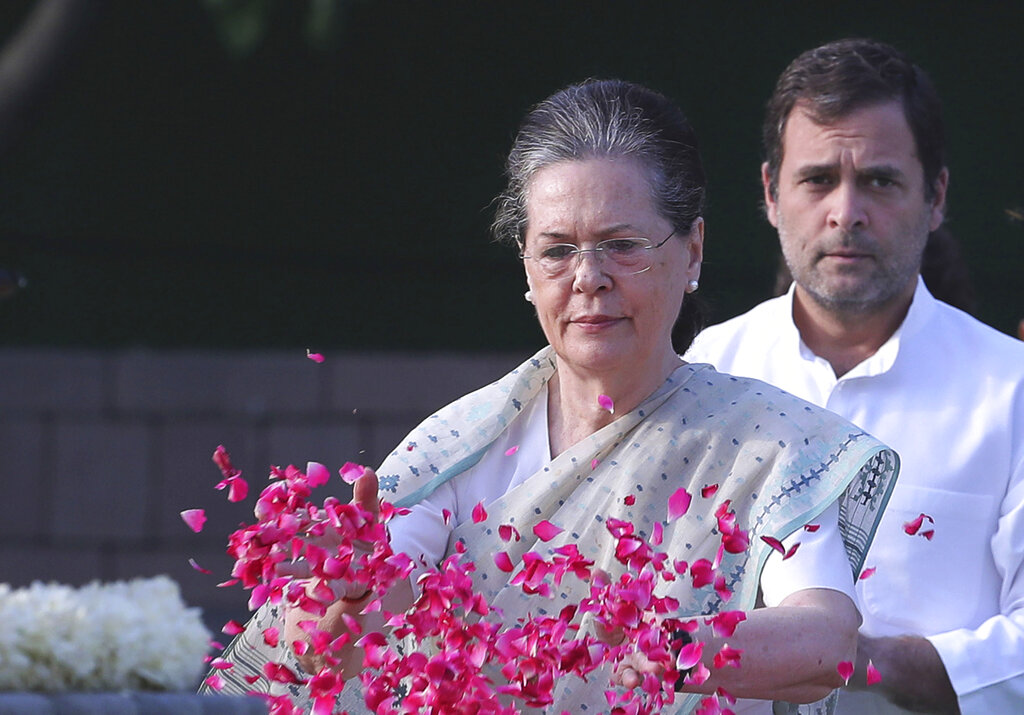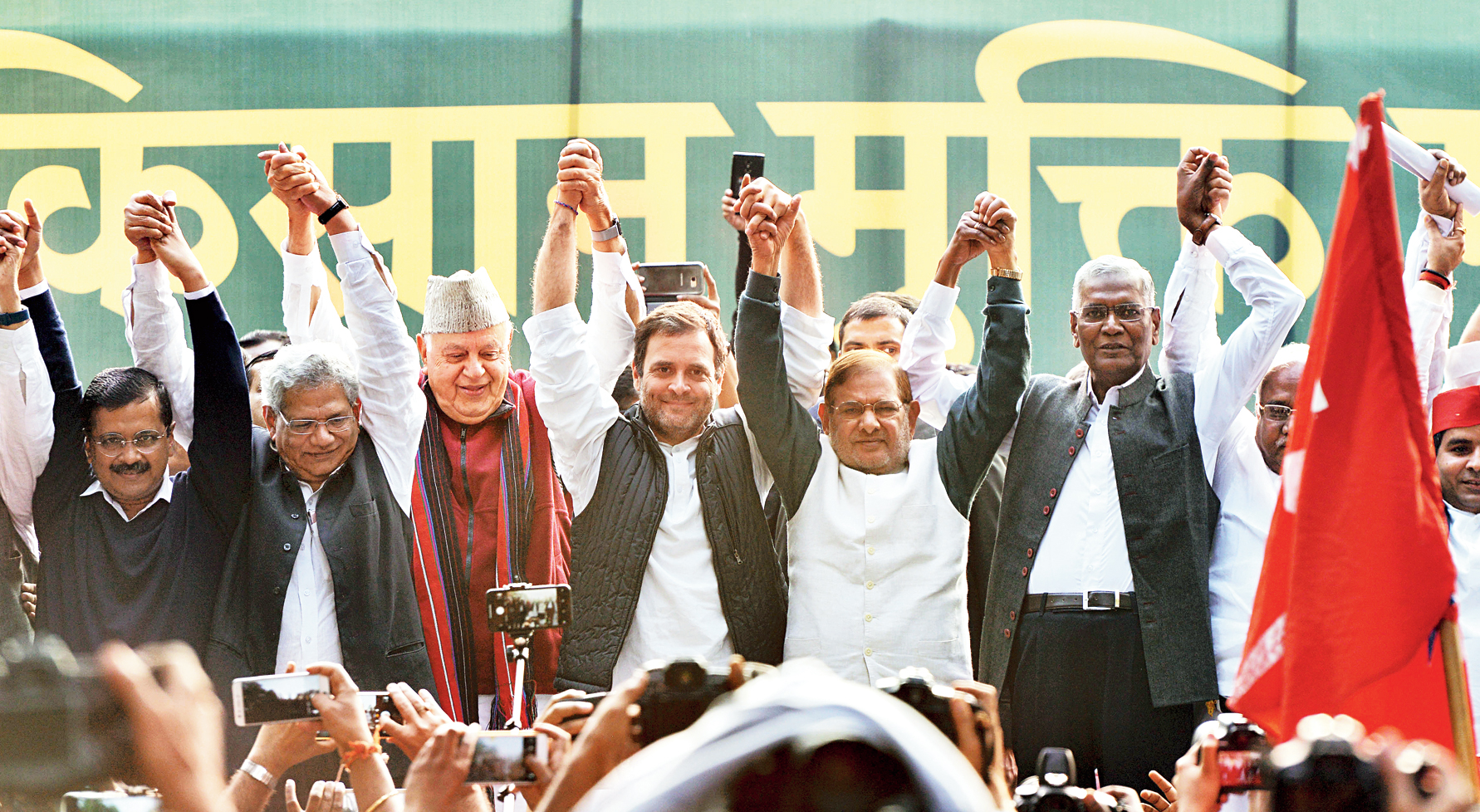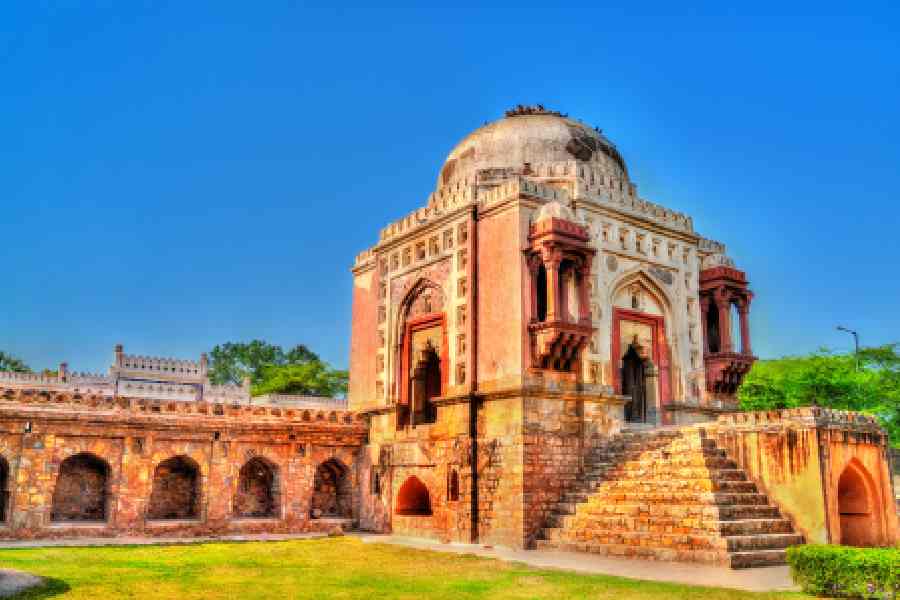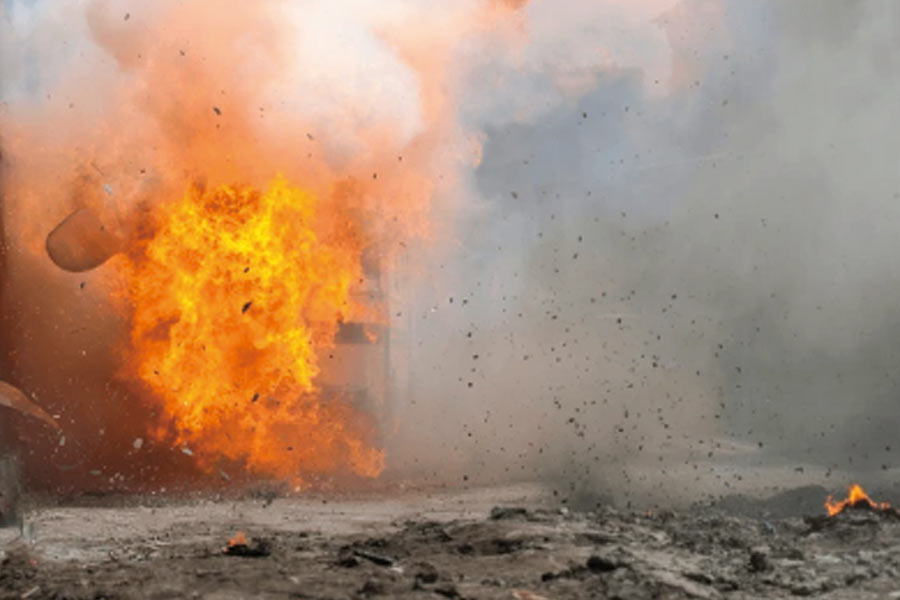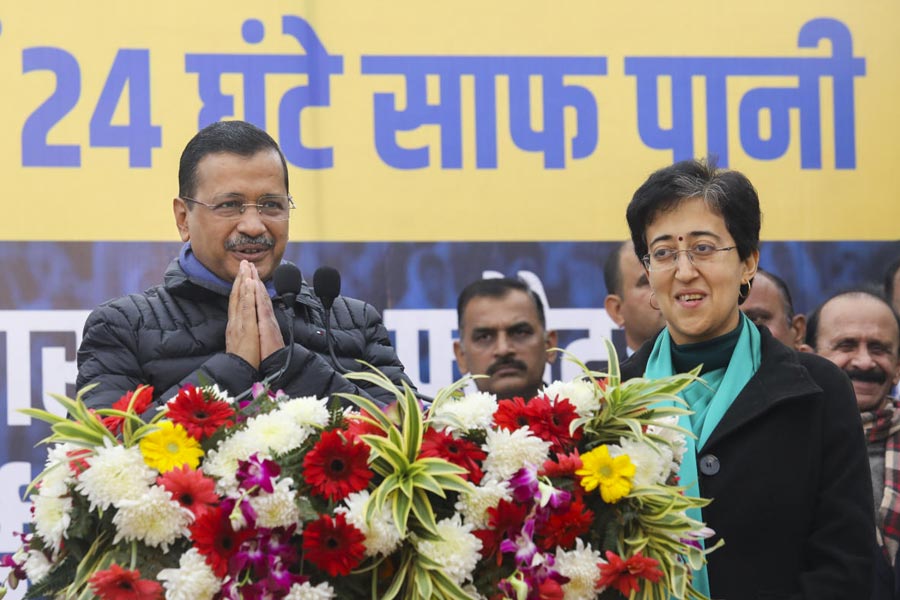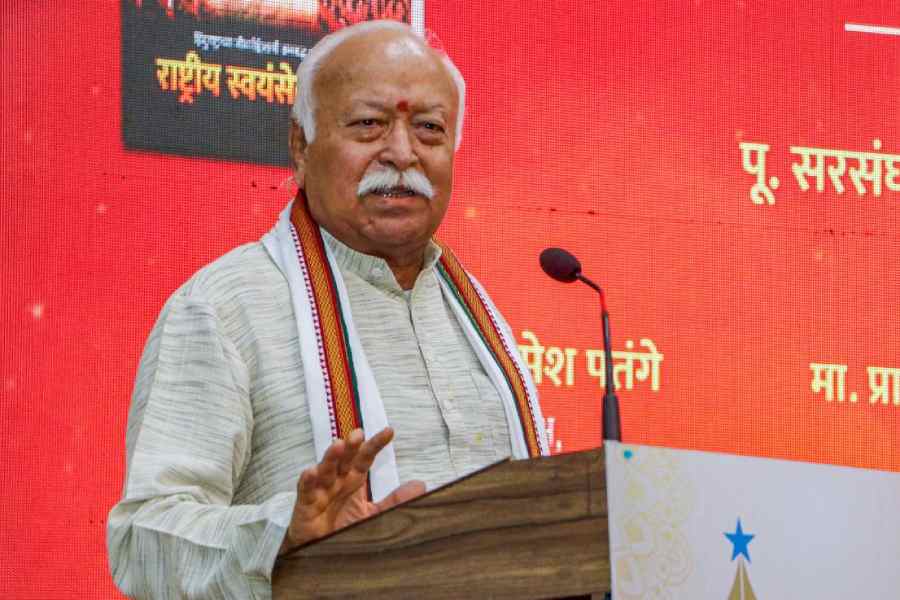The virtual demise of a concerted Opposition is, perhaps, the most disconcerting development in the present stage of our evolution as a democratic polity. While this is widely sensed, very little is said about why this has come about, especially why this arm necessary to stabilize democracy is atrophying so precipitously. This, in spite of the well-founded apprehension that democratic governments could slide into dictatorships for the want of an effective Opposition.
One thing is clear beyond all ambiguities: Opposition parties, including the Bharatiya Janata Party when it was cast in that role, are guilty of misconstruing the doctrine and discipline of democratic opposition. As a result, they equate opposition with obstruction. The duty of Opposition parties is understood vulgarly as blocking, often indiscriminately, governmental initiatives. We have seen, for example, the BJP implementing those very agendas — the goods and services tax being a case in point— that it opposed bitterly when it was in the Opposition. The Congress, not to be outdone in this respect, opposed GST on the alibi of bad implementation, overlooking its role in conceiving it not long ago.
The positive essence of opposition is not obstruction but resistance which, if practised aright, is necessarily constructive. One does not resist ideas or policies simply because they are championed by those one happens to dislike. Such opposition is adventitious and infantile. It cannot convince or inspire the people. Instead, it discredits its practitioners for the reason that its outcome is willy-nilly injurious to the welfare of the people. But ‘resistance’, too, should not be misunderstood. Resistance of the democratically wholesome kind must be based on a vision of the ideal, which is presumably compromised or short-changed by the move to be opposed. One resists a course of action because one has a better alternative to offer. Else, resistance becomes indistinguishable from obstruction.
Resistance inheres in the law of life, nature and history. Nothing dynamic exists in balance without resistance of some form or other. Resistance is superfluous to what is lifeless or inert, but it is vitally relevant to what is living and dynamic. The stability of the cosmos rests on the dynamic balance among contrary forces. If the force of gravity were not to pull us down, we wouldn’t be able to jump up! Resistance of the natural kind — and, therefore, resistance of a meaningful kind — must be predicated on a positive outcome. Consider this familiar experience. You are watering plants in your garden. You want the water from the hose pipe to spout stronger and reach farther. What do you do? You constrict the mouth of the pipe. You ‘oppose’ the water only to help it travel farther and to serve the specific need. It is infantile to understand the scope of opposition as analogic to choking the mouth of the pipe.
The purpose of resistance is to occasion a struggle which, in the parliamentary context, expresses itself as reasoned debate. Struggle is the essence of life. “Where there is struggle,” wrote F.W.J. Schelling, “there is life”(Philosophical Inquiries into the Nature of Human Freedom and Matters Connected Therewith, 1802). Trees in the forest, Immanuel Kant noted in an essay, grow straight and strong because they struggle against each other for light and space. Nothing is understood clearly until it is debated. Conversely, nothing that fails to generate clarity should be deemed debate.
Rahul Gandhi, for all his good intentions and ardent efforts, went awry in understanding the democratic scope of opposition. He tried to pit himself, like the rest of the anxious Opposition pack, against Narendra Modi. Although he did his best, it clearly failed to appeal to, or kindle confidence in, the people. The issue, in the end, is not who is at the helm of affairs. It is whether the welfare of the people is being fought for or sidelined. The common man, for all his vulnerability to propaganda, still understands the basics. He knows that clash of personalities is superfluous to his welfare. The general elections were fought like a boxing match, staged at the bedside of a terminally ill patient. It was senseless and unedifying. Worse still, nothing worthwhile appears to have been learned from its outcome.
The inability to practise the discipline of opposition in a constructive way accounts for the disarray in the ranks of the Opposition. Modi and Shah did not need to try as hard as they did to discredit them as a ragtag of incompatibles. They were like beads thrown pell-mell without anything to string them together. A shared vision superior to the one being resisted must cement the Opposition if Opposition unity is to be distinct from knee-jerk opportunism. Only such unity will inspire fresh hope and confidence amidst the people. The worst disservice the Opposition parties can do to themselves is to demonstrate their inability to be a coherent, effective force of resistance and, at the same time, bemoan the free run that Modi and his team have in pursuing their goals.
Opposition parties have, through their irresponsible and infantile conduct, impoverished the very idea of opposition. This became apparent in the recent session of Parliament. We saw parties verbally opposing the crucial moves of the government but developing cold feet when it came to voting. Bewilderment and demoralization of this order have never been witnessed in the history of our democracy. The worry this precipitates for the citizens does not concern the survival of Opposition parties per se. It concerns the vitality and viability of our democracy. So even as we sing a requiem for the present perverse practice of opposition, we also hold fast to a beleaguered hope that a rejuvenated and purposive Opposition would emerge, like the mythological phoenix, out of its own ashes.

